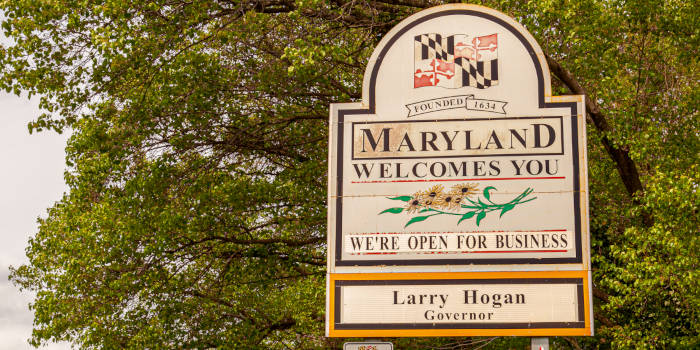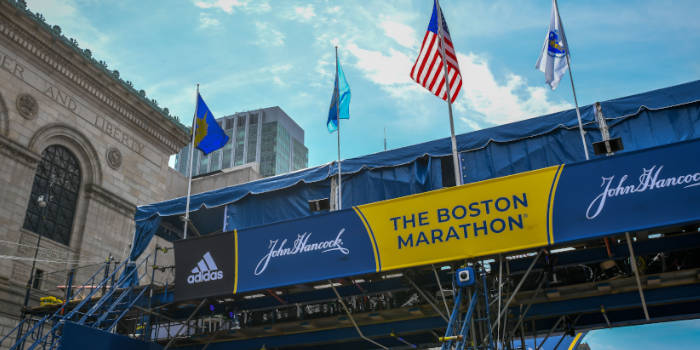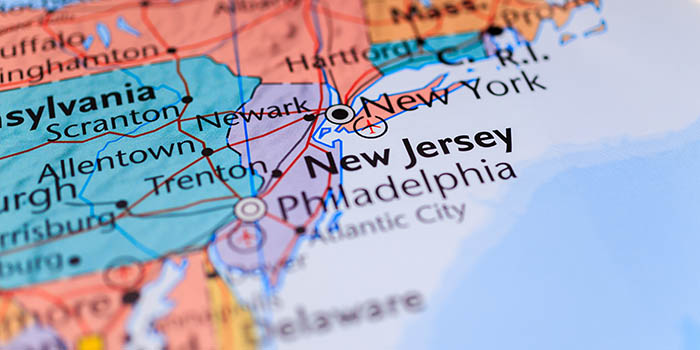NJ Residents Will Vote on In-State Sports Betting Expansion on November 2

New Jersey voters will cast ballots for the 120 Senate and Assembly committee seats and in a gubernatorial election on November 2. A statewide question in the ballots on whether to expand betting on sports to athletic contests that involve the universities in the state and New Jersey college events like March Madness basketball and a football bowl game is the main focus.
Ray Lesniak, a former Union County state senator, was the leader in the process of legalizing sports gambling at Atlantic City casinos and racetracks, is known for being an optimist to these developments, but his standpoint on this vote is different.
The Fairleigh Dickinson University Poll Is the Reason for Lesniak’s Skepticism
Speaking to NJ Online Gambling on Tuesday, Lesniak stated that he’s not confident that the ballot will pass. The Fairleigh Dickinson University poll, which was released in July, is the reason why he’s skeptical.
The poll’s core question, however, has been labelled as confusing. It states, “Do you think betting on college sports in New Jersey should be allowed or should continue to be banned?” The headline on the official poll site of the school reads, “FDU Poll: New Jersey voters don’t want betting on college sports.”
Betting on college sports in New Jersey is already permitted – the racetracks, casinos, and around two dozen legal land-based sportsbooks are active in these types of contests and generate hundreds of millions of dollars in revenue each year.
However, betting on college sports events by state schools and betting on in-state events between out-of-state schools is not permitted.
The poll’s first question in July, which was for 803 registered voters stated that the state’s legislature is debating a bill that would allow people to bet on NJ college sports teams. That begs the question of whether those voters understood the issue or did they think that the questions concerned general amateur athletics?
According to Lesniak, the ballot’s limited understanding could prove to be the road to success. He said that one side would represent voters that support betting, while others do not quite understand the question and hence, they won’t vote.
A Lack of Target Advertising is the Reason for the Vote Handicapping
The vote handicapping comes as a result of the lack of target advertising, whether that is in support of the ballot or against it. Just to compare, in 2016, a group spent around $11 million on negative ads with the goal of ending the statewide monopoly on casinos that Atlantic City had.
Atlantic City’s Resorts Casino, which owns Yonkers Raceway and Aqueduct slot parlors, formed a marketing campaign called Trenton’s Bad Bet with a casino developer in New York’s Catskills to persuade the electorate against the so-called another Trenton-insider-backed scheme.
By mid-summer, the campaign proved to be so successful that Jeff Gural, the Meadowlands Racetrack operator who was on the verge of winning a new casino license, publicly dropped his multi-million fund that supported the ballot measure. Ultimately, the proposal on casino expansion was rejected by 77% of the voters.
These types of events are the reason why Lesniak is convinced that a targeted marketing campaign that is funded by a large sportsbook in the state could be extremely effective. He added that he thinks that moves like that are over the top, but as it seems, the interests do not see this as important enough. That is why Rutgers fans, Lesniak included, will suffer the biggest disappointment.
Rutgers is the only top-tier football team in New Jersey and the university was also the only one to qualify for 2020’s March Madness. Out of the 67 college tournament games, 65 were up for wagers in the state in 2020 since Rutgers won the opening-round game, but got eliminated after.
As for the ballot question, it is clearer than the poll query by FDU. Voting yes is a vote for supporting betting on New Jersey postseason college sports games as well as games in which teams from New Jersey participate.
Voting no is the opposite. With it, the prohibition on postseason college sports games in New Jersey as well as betting on games in which teams from New Jersey participate will continue. However, betting on other college competitions will be allowed.
The ballot sports betting question, which is ten years old and passed by a margin of 2-to-1, didn’t include betting on in-state college games because lawmakers had some concerns, combined with the perception that the public might not be comfortable with them, according to Lesniak. Some of the lawmakers are Rutgers alumni.
From what it seems, the answer will be provided a decade later.
Filip Mishevski has been covering online gambling and cryptocurrencies for the past few years. He has written countless articles, how-to-guides, insights and news, and is keen on sharing his extensive knowledge in the aforementioned fields. He’s very passionate about soccer and MMA and is interested in how the online gambling industry will shape our future and thus, influence our lives.














